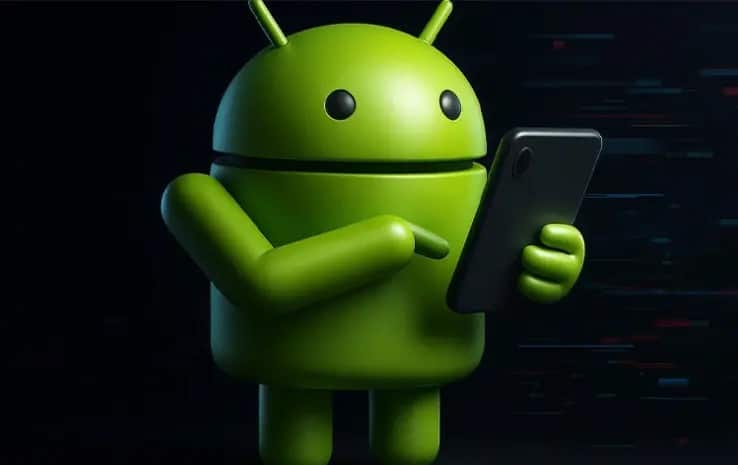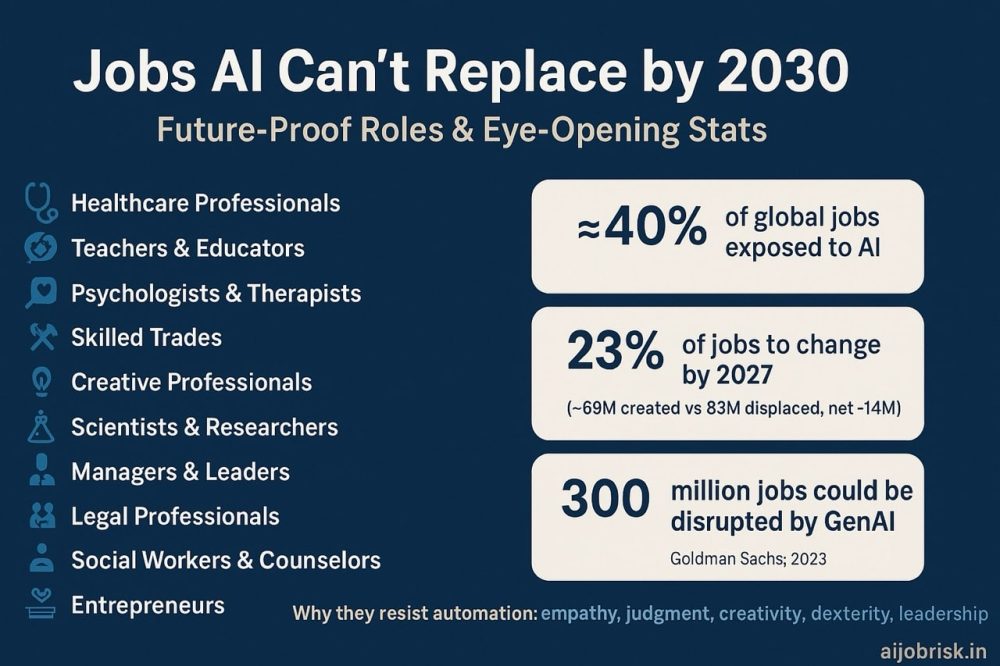In a move that fundamentally reshapes the Android ecosystem, Google has announced that starting in September 2026, all app developers will be required to undergo identity verification. This new policy means that only apps from verified developers will run on Google-certified Android devices, effectively marking the end of anonymous app distribution outside the Google Play Store.
This represents one of the most significant changes to Android’s core philosophy in years, transitioning the platform toward a more controlled model in the name of security.
How the New System Works
The verification process is designed to create a traceable chain of accountability for every app installed on an Android device:
- Developer Verification: Individuals must provide and verify personal details, including their legal name, address, and contact information. They may also be required to upload a valid government-issued ID.
- Organization Verification: Companies must provide a D-U-N-S number and verify their official website.
- App Registration: Developers must then prove ownership of their apps by providing the app package name and signing keys.
Once verified, a developer’s apps—whether distributed on the Play Store or sideloaded from the web-will be allowed to install and run. Apps from unverified sources will be blocked on certified Android devices.
The Driving Force: A War on Malware
Google’s primary justification for this seismic shift is security. The company states that apps sideloaded from the internet are far more likely to contain malicious software than those vetted by its Play Store.
By implementing this “extra layer of security,” Google aims to “deter bad actors and make it harder for them to spread harm,” positioning the change as a necessary evolution to protect the entire Android user base.
What This Means for Users
For the average user, the change promises a safer experience with reduced risk of malware from unofficial sources. The digital barrier to entry for malicious actors will be significantly higher.
However, the change also means a notable reduction in the open, permission-free environment that has long defined Android. The ability to freely install apps from any website or alternative app store will be curtailed, moving Android closer to the “walled garden” approach of Apple’s iOS.
The Global Rollout Plan
Google is implementing this change gradually:
- October 2025: Early access begins for selected developers.
- March 2026: Verification opens to all developers globally.
- September 2026: The requirement takes effect in four initial countries: Brazil, Indonesia, Singapore, and Thailand.
- 2027 and Beyond: A continued global rollout to other regions.
A Philosophical Shift for Android
This policy marks a pivotal moment for Android. Since its inception, the platform has championed openness and user choice, allowing installation from “unknown sources” as a core differentiator. This move recalibrates that balance, prioritizing security and control over unfettered openness.
The Bottom Line
Google is betting that a more secure, trustworthy Android ecosystem is more valuable than a completely open one. While this will likely reduce malware infections for millions of users, it also represents the end of an era for the platform’s founding philosophy, centralizing control over app distribution in a way that will reshape the developer landscape for years to come.


